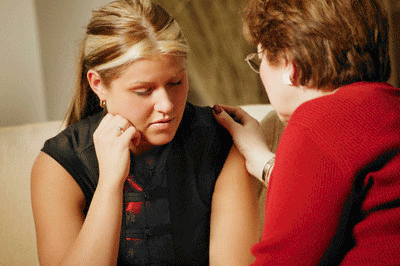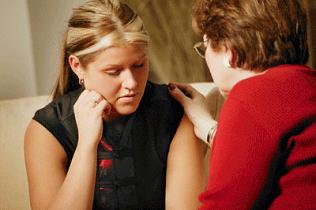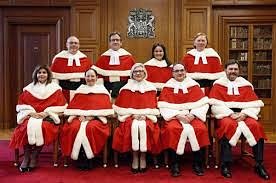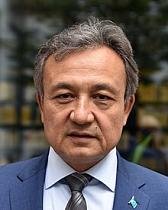Drug Rehabilitation: Acceptance helps recovery from addiction
Sobriety can seem out of reach for people who struggle with drug dependence, abuse or addiction. Change is possible, however, no matter how hopeless the situation appears. Accepting an addiction and deciding to make a change is the first step on the road to recovery.
When people realize their problems and are ready to make a change, the next step involves treatment. Drug addiction is a serious matter, and successful recovery depends on a solid foundation. Drug rehabilitation programs are indispensable for building a foundation for recovery.
There are many drug abuse treatment programs in the United States and many ways to find them. “Best Drug Rehabilitation Centers†is an example of a website that helps addicts and their loved ones find the best program for their needs. This website showcases a number of rehab centers that are provide effective, professional services for recovering drug addicts.
Effective rehabilitation programs understand that every addict requires a personalized approach to treatment. In addition to this customized approach, addicts also need people in their lives who will treat them with love, support, dignity and grace. Websites like bestdrugrehabilitationcenters.org provide valuable information to help them choose the right program.
Components of Drug Rehabilitation Programs
Most drug rehabilitation centers follow three primary steps: detoxification, counseling and aftercare. These three distinct components allow treatment centers to address the physical and psychological aspects of drug addiction. This is essential for successful, long-term recovery.
Detoxification addresses the physical symptoms of drug addiction. It typically occurs in one of two ways: natural or medical. Natural detoxification allows the addict to quit drugs “cold turkey†under medical supervision. Medical detox uses evidence-based medicines to curb addiction cravings and symptoms during detoxification.
Counseling and psychotherapy address the mental aspects of drug addiction. Most rehabilitation centers use a combination of one-on-one counseling, group counseling and family counseling. Behavioral and occupational therapies teach recovering addicts the life skills they need to enter back into society.
Aftercare is a crucial part of drug rehabilitation. Drug abuse treatment centers offer a wide range of programs to help people maintain their sobriety after rehab. Personalized aftercare programs help recovering addicts respond to stressful situations in a healthy, drug-free way.
Benefits of Drug Rehabilitation Programs
Drug rehabilitation programs provide three major benefits: physical, emotional and mental. The physical benefits are most obvious in the initial stages of treatment. Drug abuse is not good for anyone’s health or wellbeing, and the body suffers greatly from drug addiction. After detoxification, a recovering addict’s skin will start to clear and the internal organs will function properly.
Many addicts use drugs to soothe their emotions, hide them or run away from them. Rehabilitation programs help addicts handle their emotions in a more effective way. Treatment helps them cope with their emotions without using drugs. This can improve their relationships with loved ones, friends and colleagues.
In addition to its physical and emotional consequences, drug addiction damages the brain. In some cases, it affects the mental processes in ways that cannot be reversed. Drug rehabilitation treats this mental damage and helps people improve their decision making skills.
Comments
There are 0 comments on this post














